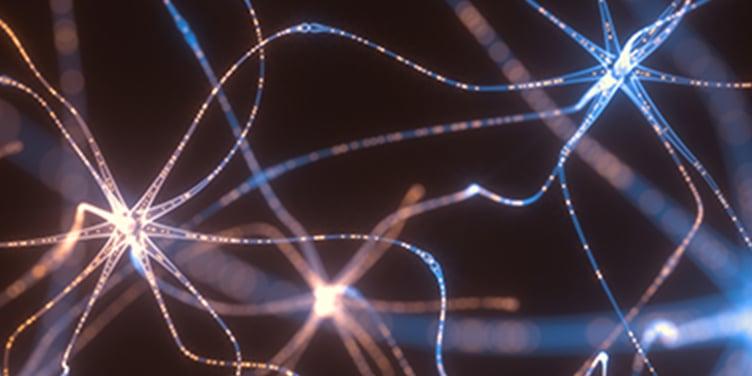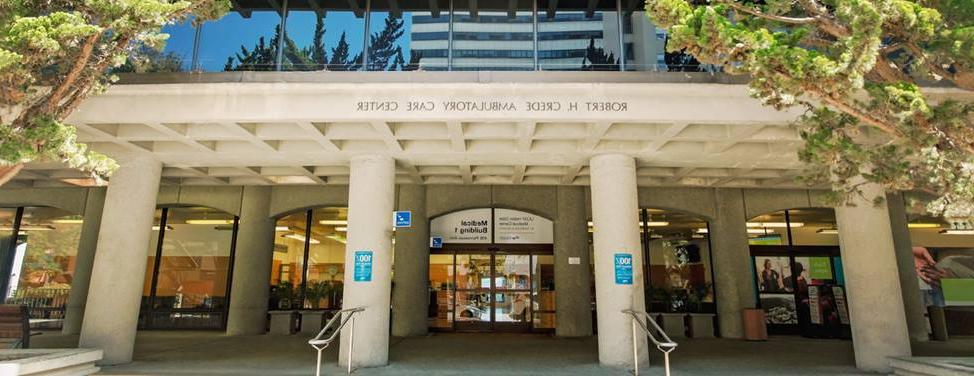会发生什么
手术前
- Shortly before your procedure, you may receive a sedative to help you relax. 对于大多数pci,患者是镇静的,但不是睡着的.
- Your hair may be clipped in the area where a catheter will be inserted, such as the groin or wrist.
- An intravenous (IV) line is placed, allowing us to give you medications quickly, if necessary.
- Electrodes will be placed on your body to monitor your heart, and a small device called a pulse oximeter may be clipped on a finger or ear to track the oxygen level in your blood.
在手术过程中
- A PCI may take anywhere from one hour to three hours, depending on complexity.
- 你将仰面躺在手术台上. A local anesthetic (a medication that temporarily blocks pain signals) will be injected at the site where the catheter will be inserted.
- 当导管到达心脏时, a contrast dye – a harmless solution that shows up well in medical imaging – will be injected, so that doctors can clearly see the vessel’s narrowed area on an X-ray. The doctors will then perform whichever type of PCI is best for your condition.
- 完成后, the catheter will be withdrawn and pressure applied to the insertion site to stop the bleeding. 如果导管穿过你的腹股沟, you’ll need to stay flat on your back and keep your leg straight for several hours. 如果导管插入你的手臂, it will be elevated on pillows and kept straight with a stabilizing board.
手术后
- We’ll take you to a recovery room for several hours of observation. 你需要在床上躺两到六个小时, depending on your condition and the type of PCI you had.
- You may experience mild pain or an ache in your chest. If the discomfort is too much, we can give you pain medication.
- You’ll be encouraged to drink water and other fluids to help flush the contrast dye from your body.
- Some patients spend the night in the hospital for observation, some go home the same day. 你的十大赌博平台排行榜会决定哪种选择最适合你. If you go home the same day, you’ll need someone to drive you home. You should not operate a motor vehicle for 24 hours after the procedure.
在家里
When you return home, keep an eye on the insertion site. 有一点擦伤是正常的, but contact your doctor for advice if you experience any of the following symptoms:
- 增加痛苦
- 发红
- 肿胀
- 从插入部位出血或排出
- 发烧或发冷
你可以在手术后24到48小时淋浴. For five days, avoid activities that involve lifting and pulling with the wrist. 在此期间, there should be no strenuous exercise; playing sports, such as golf; household chores, such as vacuuming; or demanding physical tasks, 比如移动家具.
A week after your procedure, you can resume activities of moderate intensity. 事实上, 适度的体育活动(如散步), swimming or using a stationary bike) at least five days a week is recommended to strengthen your heart. 你可以问问你的十大赌博平台排行榜是否 心脏康复 – a customized exercise and education program for improving your health – is an option for you.



















